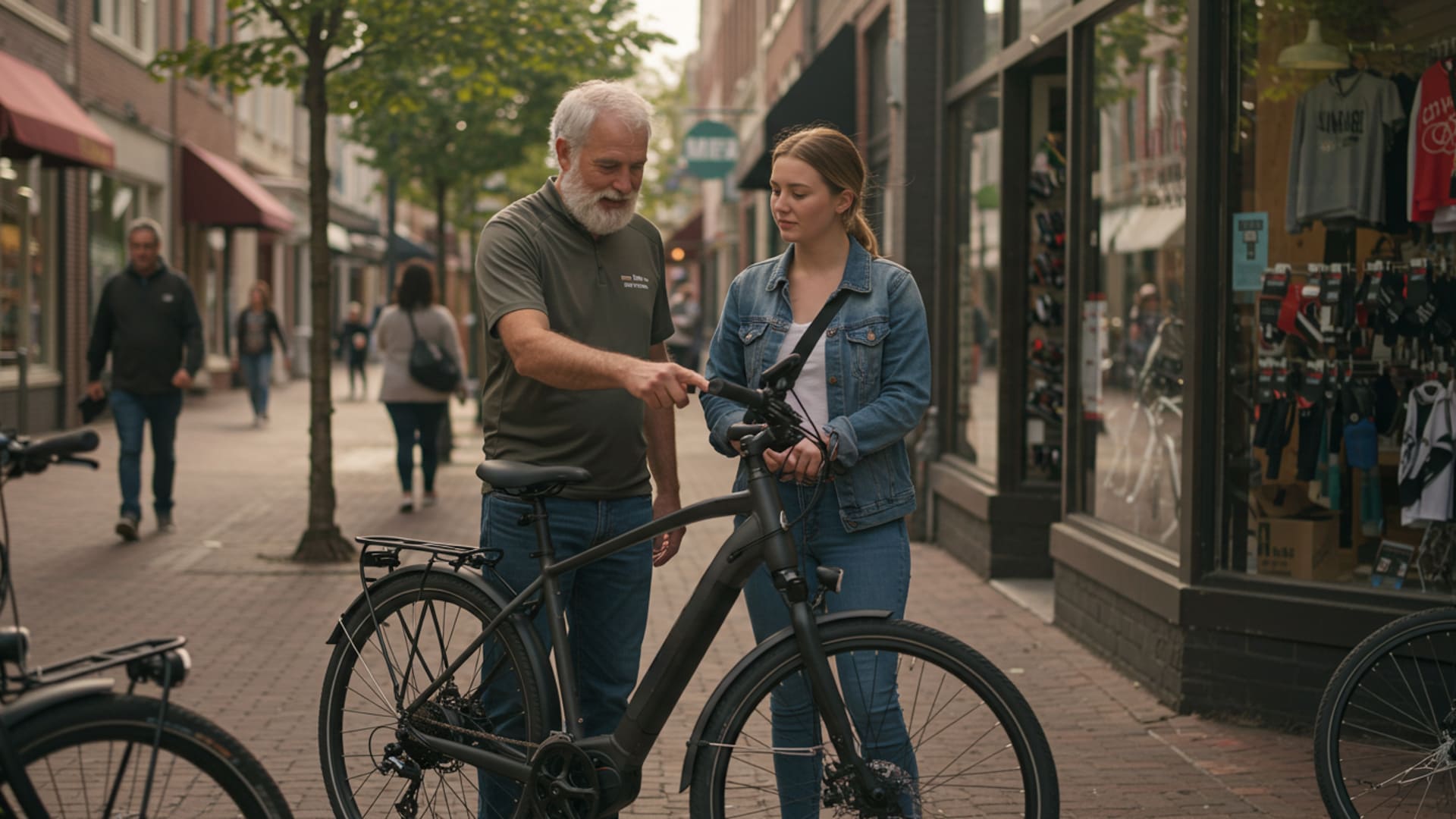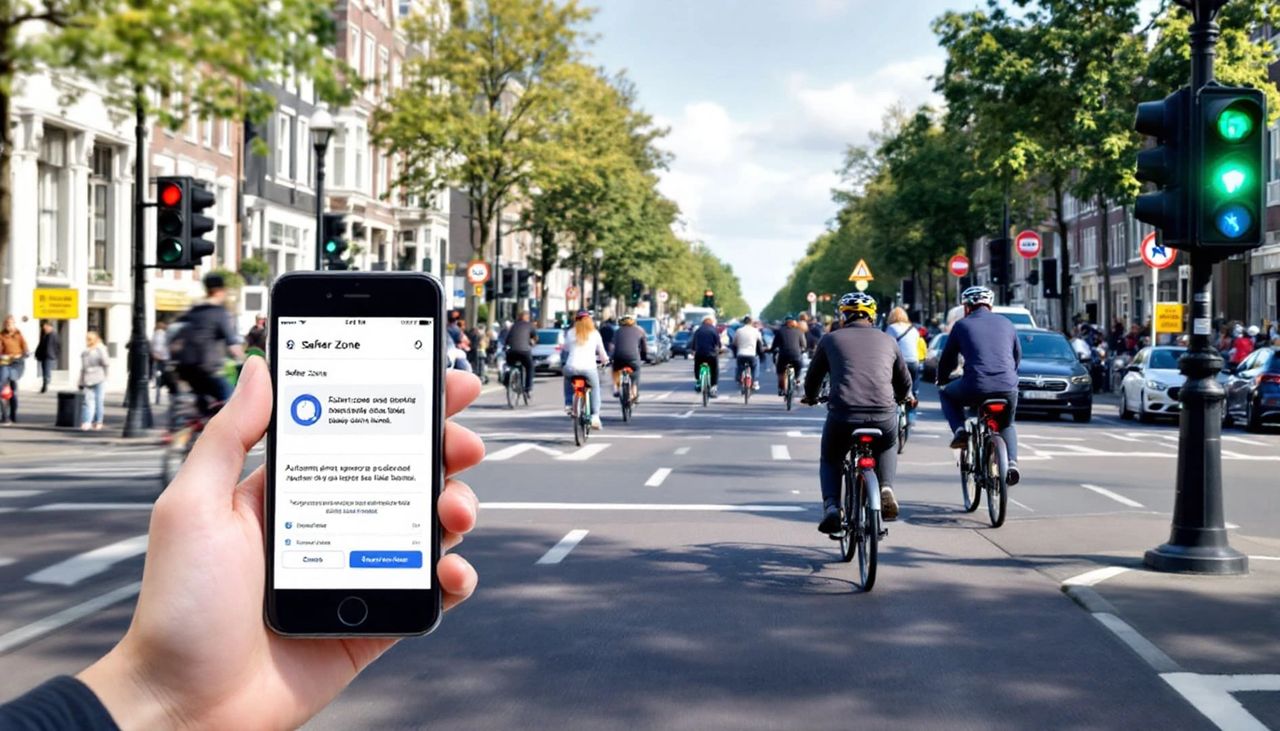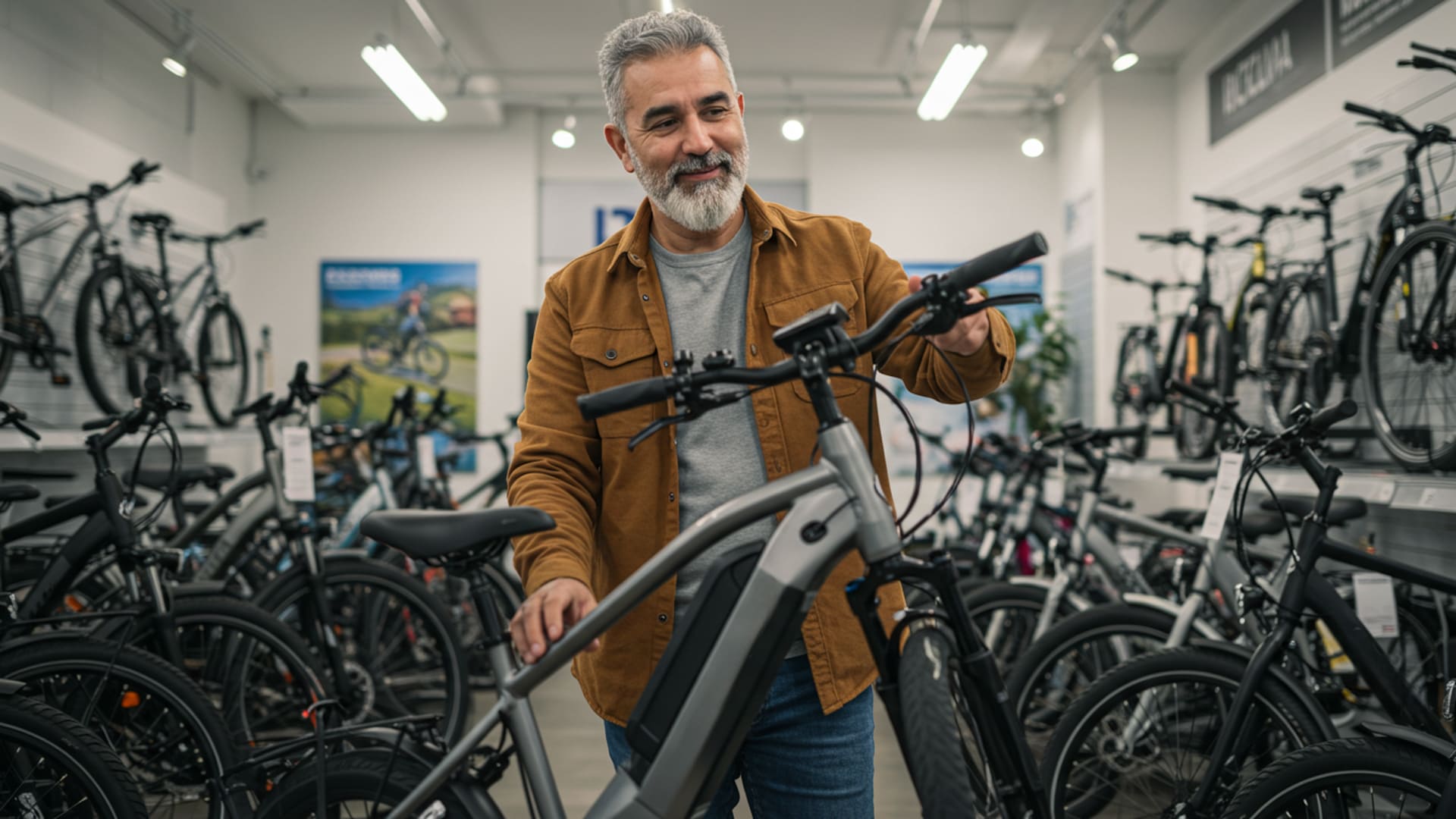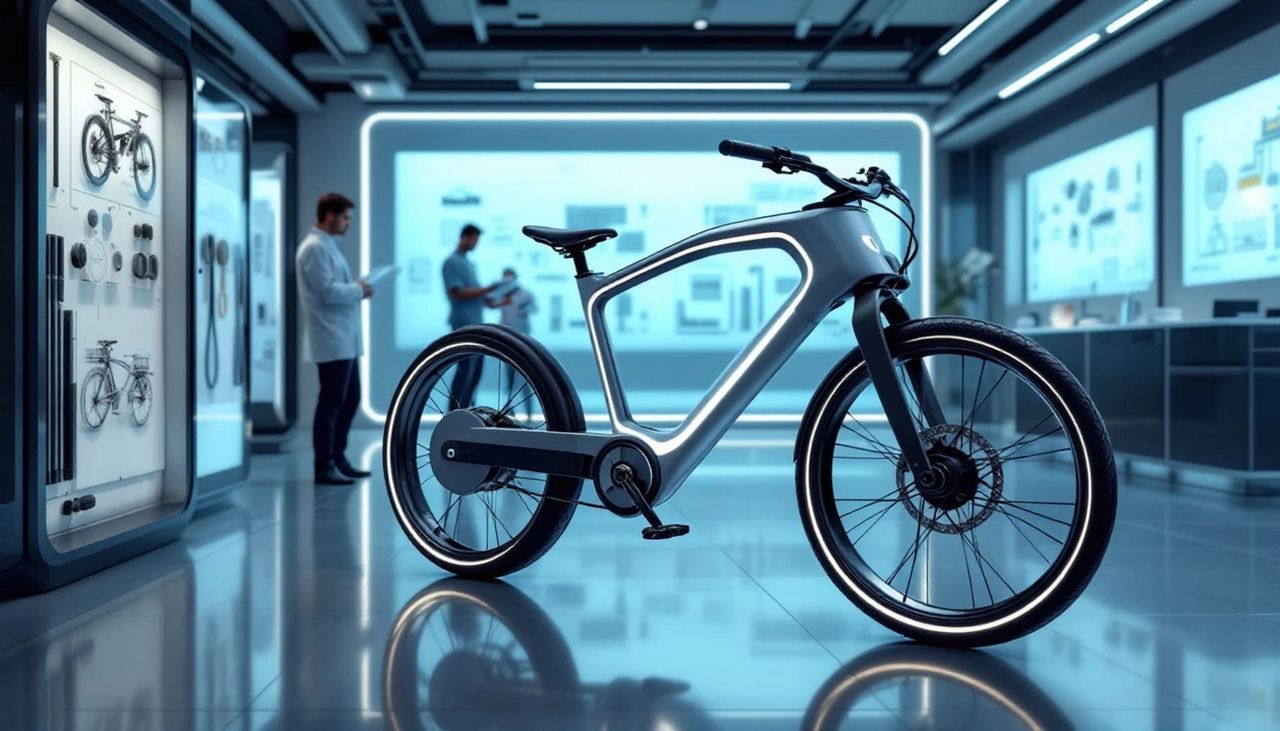E-bikes are often celebrated for their environmental benefits and personal convenience—but their economic impact is just as compelling. Across the U.S. and internationally, e-bikes are quietly stimulating local economies, creating new job opportunities, and reshaping how businesses operate. From neighborhood bike shops and tourism operators to delivery services and municipal governments, this growing sector is contributing to vibrant, more resilient communities.
A New Lifeline for Local Bike Shops
Small and independent bike retailers have traditionally relied on a mix of repairs, accessory sales, and standard bicycle inventory. But in recent years, as interest in traditional bikes plateaued, the surge in e-bike popularity has become a key revenue stream. E-bikes command higher price points, which translate into stronger profit margins on each sale. This shift has allowed many local shops to remain competitive, even in the face of big-box retailers and direct-to-consumer brands.
More importantly, e-bikes drive recurring service revenue. Shops that previously focused only on flat tire repairs or tune-ups now offer specialized services tailored to electric drivetrains—like battery diagnostics, motor servicing, and firmware updates. Some have even expanded into rentals and test ride programs, helping to introduce new customers to e-bikes through hands-on experience.
E-Bike Tourism: A Boost for Local Businesses
Tourism-focused towns and regions are seeing measurable gains by embracing e-bike travel. With their ability to cover more ground than walking, yet still offer an up-close, immersive experience, e-bikes have become a preferred mode of exploration for visitors.
Companies like Blazing Saddles, a long-time fixture in San Francisco’s cycling tourism scene, now offer electric rentals alongside traditional bikes to cater to riders of all ages and fitness levels. Meanwhile, Escape Adventures has built its reputation around electric bike tours, offering guided trips through scenic landscapes like Red Rock Canyon that blend outdoor adventure with environmental education.
These tours have a direct impact on local economies. Visitors on e-bikes are more likely to stop at cafes, small shops, historical landmarks, and scenic overlooks—often in areas they might never have reached on foot or in a car. This increase in exploration translates into more dollars spent in local communities, particularly in smaller towns or developing tourist areas.
Logistics and Last-Mile Delivery Reinvented
In urban environments, delivery and logistics services are turning to e-bikes as a smart, cost-efficient alternative to vans and trucks. Whether delivering food, packages, or tools, electric cargo bikes provide speed and maneuverability in areas where traffic congestion and limited parking create major inefficiencies.
Businesses are investing in heavy-duty cargo bikes from companies like Urban Arrow, which designs robust electric bikes built to carry substantial loads through dense urban environments. Likewise, Tern has developed compact cargo models optimized for commercial use, with modular racks, high-capacity batteries, and weather-resistant components.
Switching to e-bikes not only reduces delivery times in congested areas but also lowers operating costs. Companies save on fuel, vehicle maintenance, parking fees, and emissions compliance. In fact, many city pilot programs and green logistics initiatives now specifically encourage or incentivize businesses to incorporate e-bikes into their delivery fleets.
Local Government Support Spurs Growth
City governments are also starting to understand the economic potential of e-bikes. Beyond traffic relief and sustainability goals, e-bike programs contribute to livability and long-term economic development. Cities that invest in bike infrastructure—such as protected lanes, e-bike charging hubs, and secure parking—tend to see increased foot traffic, higher property values, and stronger small business performance in bike-friendly corridors.
Municipal e-bike rebate programs further stimulate local economies by making electric bikes more accessible and encouraging purchases through local shops. These initiatives don’t just promote cleaner transportation—they inject funds directly into community-level retailers and service providers.
A Long-Term Investment in Community Resilience
What makes e-bikes economically unique is their ripple effect. One purchase supports a retailer, a local technician, and often, other businesses frequented during rides. A small tourism company investing in electric rentals helps dozens of nearby restaurants and artisans. A city department that prioritizes e-bike delivery creates new contracts and employment opportunities in micromobility logistics.
In short, while e-bikes may appear to be individual tools for personal mobility, their adoption is catalyzing a broader transformation. The more communities embrace them, the more local economies benefit—from tourism and retail to infrastructure and innovation.
As adoption continues to rise, so does the economic case for integrating e-bikes into the fabric of everyday business and municipal strategy.








Leave a Reply